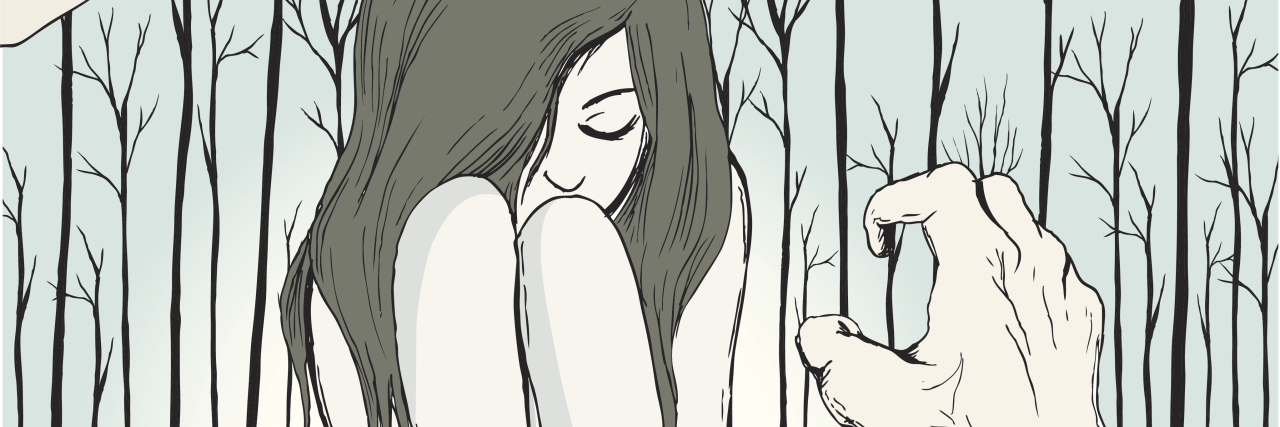Fibromyalgia runs in my family. My mother, sister, and I all have it. It’s a difficult condition to live with, and I honestly would take a cure any day. But in living with fibromyalgia and watching my mother struggle through my whole life, I’ve noticed a pattern. Fibromyalgia primarily affects women, who are often told to smile through the difficult patches and not let anyone know when they are suffering. Sexism is buried in the experience of fibromyalgia and other chronic conditions that affect women.
Hysteria is a condition associated with women who “overreact” to small problems or pains, and was used to discriminate against women for centuries. This is often still the case for women living with fibromyalgia, who deal with loved ones and doctors not believing in their condition, or not taking it as seriously as they should. So when women do share, those around them may not believe their claims. This can be frustrating when you’re suffering and your loved ones don’t seem to care.
This happens a lot to my family. Sometimes, people without chronic pain assume some tasks are easy, like carrying laundry or going for a short walk. And when you tell someone this is difficult for you, they laugh it off as if you’re weak or trying to get out of doing the work. This is not the case. Sometimes I do not have the spoons to carry a huge laundry basket down the stairs.
It can also be embarrassing for women to admit they can’t do certain things. We may feel like we are internalizing sexism by not lifting the heavy box or having to take a break after doing housework. It can feel like you are contributing to a sexist ideology of what a woman is and what she should do. It frustrates me when I have to have a man help me carry something, even if it’s my father or uncle. I want to be able to do it, but I physically can’t. I often worry boys think I’m a weak girl, a feminist who’s all bark and no bite. And trying to get physically stronger is another battle.
Exercise is difficult for people with fibro, even though it’s one of the best treatments to minimize pain. It is even more difficult for fat people with fibro. My family and I fall into this category. I would love to go to the gym, gain strength and lose weight. However, this would be very difficult given my pain level. Fat women are often subjected to harsher discrimination than thin women. Fat women have the intersecting problems of fatphobia and sexism to deal with, which typically manifests as “fat women are worthless.” It is also difficult to be body-positive when your body is constantly attacking you. Facing these stigmas can be hard. I’m still working on them.
Women with fibromyalgia need a voice. They need to be able to tell their stories without worrying if people will not believe them, blame them for their own problems, or continue to ignore the issue. The only way I see this happening is by openly talking about our struggles. I can’t tell you how many times I’ve mentioned having fibro to a group of people, only to have someone come up to me after and say she has it too. We shouldn’t have to be secretive about fibro; it certainly isn’t secretive about itself. Stand up as tall as you can without straining your back, and let everyone know what you live with every day. You will be thankful you did.
Getty illustration by Ken Hill.

